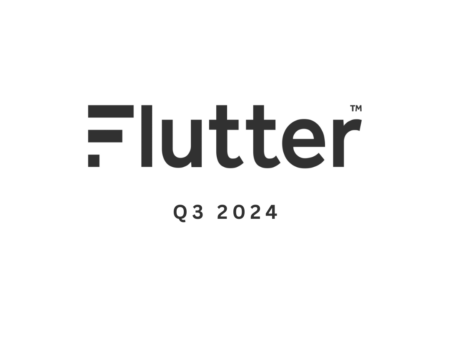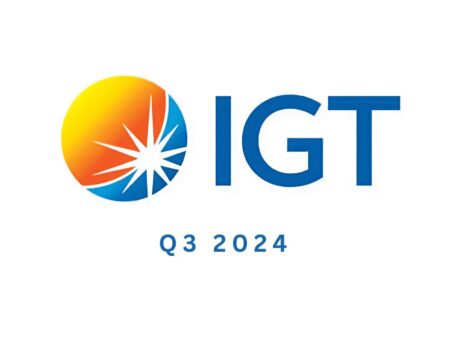In a notable shift, DraftKings has decided to forgo its proposed gaming tax surcharge, initially planned to be implemented in high-tax states starting early 2025. This decision comes just two weeks after the company first announced the surcharge, reflecting a significant change in its strategy.
Reversal Due to Customer Feedback
DraftKings revealed its decision to cancel the surcharge in a statement issued on Tuesday evening. The company cited customer feedback as the primary driver behind this reversal. The surcharge was intended to offset the costs associated with gaming taxes in certain states, but DraftKings has chosen to prioritize customer satisfaction over this additional fee.
Competitive Pressures and Strategic Reconsiderations
The reversal of the surcharge decision follows public statements from DraftKings’ main competitor, FanDuel, which announced it would not implement a similar surcharge. This move by FanDuel likely influenced DraftKings’ decision, as the company faced potential challenges in retaining customers who might switch to rival sportsbooks offering lower fees.
DraftKings stated: “We always listen to our customers and after hearing their feedback, we have decided not to move forward with the gaming tax surcharge. We are always committed to delivering the best value in the industry to our loyal customers.”
Avoiding Potential Customer Backlash
By abandoning the surcharge, DraftKings aims to avoid potential backlash from its customer base, who could have been dissatisfied with the added fee and considered alternative sportsbooks that do not impose additional charges.
Recent Regulatory and Financial Developments
In July 2024, DraftKings faced a $100,000 fine from the New Jersey Division of Gaming Enforcement due to inaccurate financial reporting. The inaccuracies, including overstated parlay wagers and understated other types of bets, led to incorrect tax filings by Resorts Digital, DraftKings’ New Jersey partner. This fine highlights ongoing regulatory challenges for the company.
Despite these issues, DraftKings reported a 53% increase in year-on-year revenue for Q1 2024, totaling $1.18 billion. However, the company also posted an operating loss of $138.8 million for the quarter, an improvement from the $389.8 million loss reported in the same period last year but indicative of ongoing financial difficulties.
Conclusion: The Decision to Drop
DraftKings’ decision to drop the gaming tax surcharge reflects its commitment to customer satisfaction and competitive positioning in the sportsbook market. While the company continues to face regulatory and financial challenges, its focus on maintaining customer value underscores its strategic priorities amidst a competitive and evolving industry landscape.
FAQs DraftKings’ Decision to Drop the Gaming Tax Surcharge Amid Customer Feedback
1. Why did DraftKings decide to cancel the proposed gaming tax surcharge?
DraftKings canceled the surcharge in response to customer feedback. The company prioritized maintaining customer satisfaction and avoiding potential backlash over implementing the additional fee.
2. When was the surcharge initially planned to begin?
The surcharge was set to begin at the start of 2025.
3. How did FanDuel’s decision impact DraftKings’ choice to reverse its surcharge plan?
FanDuel’s announcement that it would not adopt a similar surcharge likely influenced DraftKings’ decision, as the company faced potential competitive challenges and customer attrition.
4. What recent regulatory issue did DraftKings face?
In July 2024, DraftKings was fined $100,000 by the New Jersey Division of Gaming Enforcement for inaccurate financial reporting, which led to incorrect tax filings by its New Jersey partner.
5. What were DraftKings’ financial results for Q1 2024?
DraftKings reported a 53% increase in revenue year-on-year, totaling $1.18 billion, and an operating loss of $138.8 million for the quarter. This loss represented an improvement from the $389.8 million loss in the same period the previous year.


















